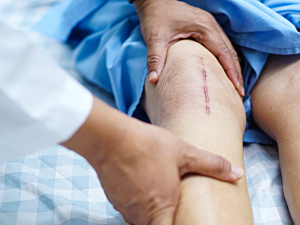Stark Differences Found in Hospital-level Patterns of Nonoperative Management for Low-risk Thyroid and Kidney Cancers

A growing set of low-risk cancers, including early-stage thyroid and kidney cancers, is associated with excellent outcomes regardless of management strategy. Given the risks associated with overtreatment of these cancers, it follows that many patients should be treated nonoperatively. Read More








